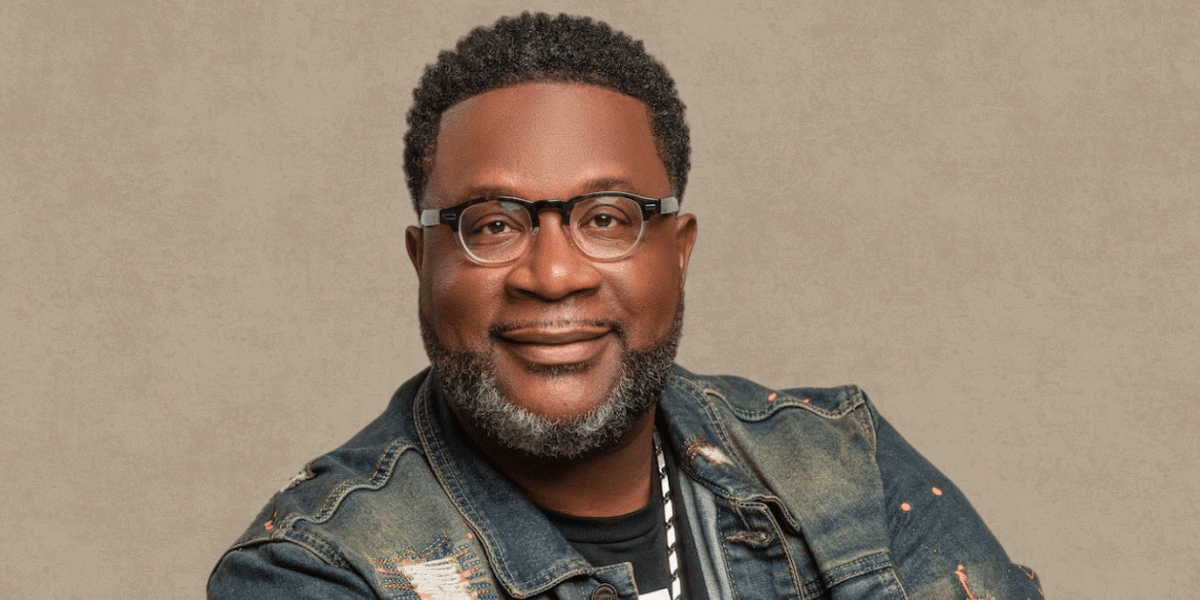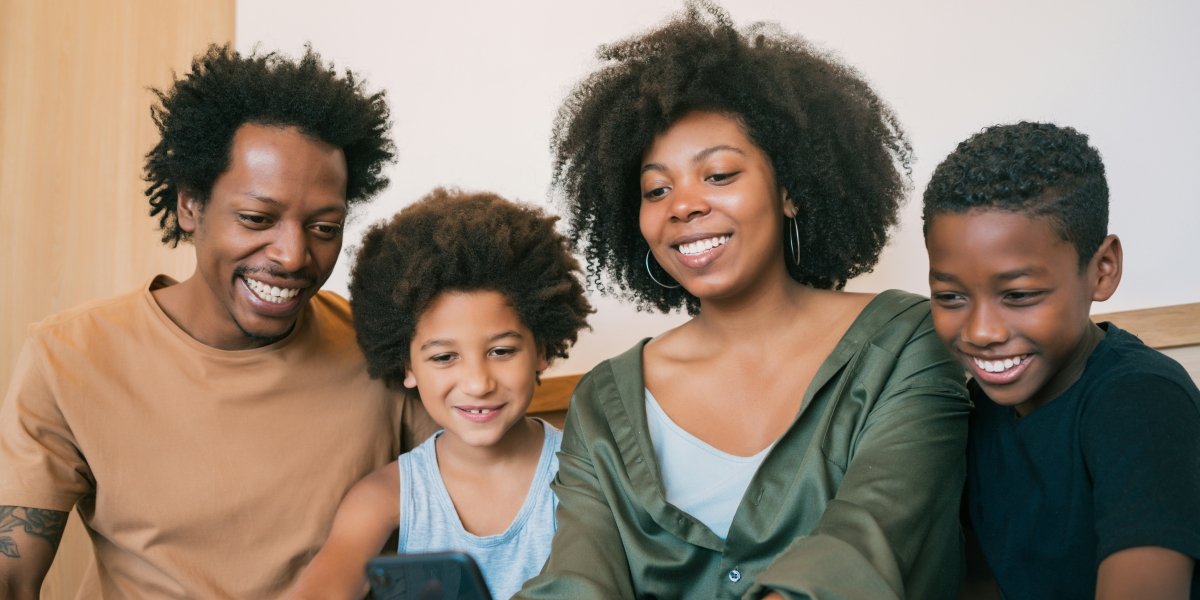By: Stephen Boyd
As educators, we’re witnessing a shift in classroom dynamics that’s become impossible to ignore—student behavior and the absence of accountability erode the foundation of effective learning. It’s not just an isolated concern but an ever-growing issue that’s eating away at the heart of education, disrupting learning time and challenging the authority of teachers. We must address it head-on, not just for our sake, but for the students who depend on us to guide them through the formative years of their lives.
The Disruptive Classroom
One of the pressing issues we face today is disruptive behavior in the classroom. Every educator has dealt with it—the student who won’t stop talking constantly interrupts or refuses to participate respectfully. These disruptions take away valuable learning time from engaged students eager to absorb knowledge. But here’s the truth: these behaviors are not just random acts of defiance; they often stem from deeper issues. Whether it’s a lack of structure at home, emotional challenges, or even the influence of social media, students are bringing a range of distractions into the classroom that interfere with their ability to focus and behave appropriately.
Educators are doing everything to manage these disruptions, but we’re only human. The continuous interruptions wear us down. When I talk to fellow educators, there’s one common theme: we need more time managing behaviors than teaching. A single outburst can derail an entire lesson; when those outbursts happen multiple times a day, it can feel like a losing battle.
Limited Consequences, Limited Change
One of the disheartening aspects of this issue is the limited consequences for misbehavior. Many schools have shifted toward restorative practices, aiming to create a more inclusive environment where students learn from their mistakes rather than face punitive measures. While the intent is noble, the application can often feel inadequate. In too many cases, students are given multiple chances without truly facing consequences that would encourage them to reflect and change their behavior.
This leniency sends a mixed message: that accountability isn’t important, and misbehavior will be tolerated. We’ve seen the impact this has, not just on the individual student, but on the entire class. When other students witness misbehavior going unchecked, it sends a signal that the rules don’t apply equally to everyone. This, in turn, fosters an environment where learning takes a back seat to managing disruptions.
As educators, we know the importance of creating a supportive learning environment, but there must be a balance. Students need to understand that actions have consequences. Accountability is key to shaping responsible young adults who can thrive in a world that won’t be as forgiving as the current educational system often is.
The Discipline Policy Dilemma
Implementing effective discipline policies has become another significant challenge. In recent years, there has been a growing push for more progressive approaches to student discipline, emphasizing empathy, social-emotional learning, and reducing suspensions or expulsions. The goal is to keep students in school rather than push them out, which can be counterproductive. But here’s the dilemma: while we need to be mindful of not alienating students through harsh punishments, we can’t ignore the behaviors that disrupt learning for everyone else.
Discipline policies should strike a balance between compassion and firmness. Schools need clear, consistent guidelines that are enforced fairly across the board. When policies are inconsistent, students lose trust in the system, and teachers are left without the support they need to manage their classrooms effectively. We’re seeing more instances where teachers feel powerless because the discipline policies in place don’t back them up. The result? A growing disconnect between what educators need and what’s being provided.
The Role of Parents in Behavior Management
Perhaps the overlooked aspect of behavior management is the role of parents. Schools cannot do it all alone. Yet, too often, there’s a lack of parental involvement in addressing behavior issues. Some parents may be working multiple jobs or dealing with their own challenges, making it difficult for them to engage fully in their child’s education. Others may not see the importance of supporting the school in managing behavior or may even blame teachers for their child’s misbehavior.

Photo Courtesy: PamPerryPR
We need to foster better communication and partnerships with parents. Educators and parents must be on the same page when it comes to behavior expectations. When parents are involved in reinforcing the importance of respectful behavior at home, students are more likely to take accountability for their actions at school.
Moving Forward: A Collective Approach
The solution to these challenges won’t come from one single source—it requires a collective effort from educators, administrators, parents, and the students themselves. First, we need discipline policies that empower teachers and provide clear consequences for disruptive behaviors. Schools should invest in teacher training that equips us with tools for managing behavior while also offering emotional support for educators who are increasingly burdened by these challenges.
Second, we need to re engage parents and remind them of the critical role they play in their child’s education. Parental involvement isn’t just about homework or attending PTA meetings—it’s about reinforcing behavior standards at home and supporting teachers in the difficult task of managing classrooms.
Finally, let’s prioritize student accountability. When students understand that their actions have consequences, they are more likely to make better decisions. Accountability isn’t about punishment—it’s about growth. It’s about helping students recognize that they have the power to shape their futures through the choices they make today.
Educators, we are in this together. Let’s advocate for the changes that need to happen so that our classrooms can once again become places where learning takes center stage.
For more information or a consultation go to https://iamstephenboyd.com.
Published by: Holy Minoza









